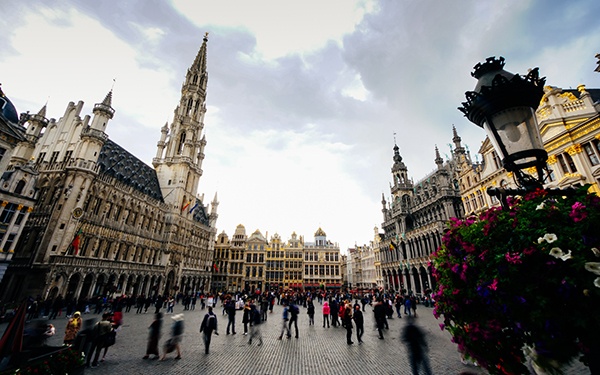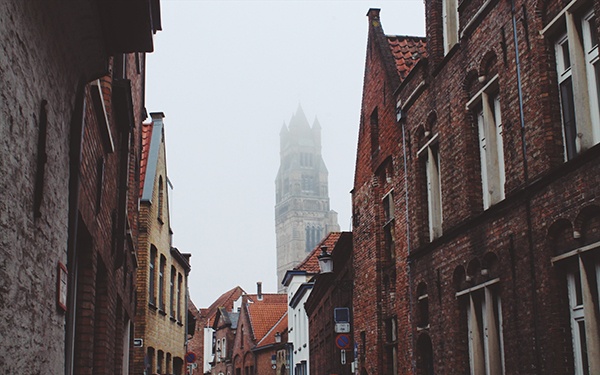Are you considering moving to Belgium from the UK?
Belgium may be small, but it packs a lot of punch.
This European heavyweight offers a whole lot more than just outstanding chocolate, beer, and chips.
Belgian cities are vibrant and full of charm, and the country offers a wealth of historical attractions, from World War sites to Medieval castles and Renaissance architecture, plus pretty canals, world class museums and galleries, fabulous food, and a ton of entertainments.
Belgium’s rich culture and convivial atmosphere makes it an exciting expat destination.
Want to make Belgium your new home?
In this guide you will discover everything you need to know about moving to Belgium as a British expat…
Contents
Belgium Visa Requirements for Brits
Visiting
The future surrounding Belgian visa or entry requirements for UK citizens after Brexit is still uncertain, but for the time being Brits can to enjoy full benefits of EU membership.
As things stand UK citizens who want a short stay of no more than 90 days in Belgium don’t require a tourist visa.
Working
Currently UK citizens do not need a work permit to be employed in Belgium.
In the event of the UK leaving the EU however, it will most likely be the case that Brits will need to apply for a work permit and possibly a Belgian residency permit.
Work permits must be applied for regionally using the forms available from the regional employment agencies, and the responsibility of obtaining a work permit for a foreign employee usually falls on the employer rather than on the employee.
Brits who have already been working in Belgium for at least 4 years out of 10 have the right to apply for a work permit, which entitles them to change employers in the future rather than being tied to the same specific job.
The most common permit is the B permit. This should be obtained by your Belgian employer and is valid for up to 1 year, after which time it can be renewed.
Brits with temporary residence status can apply for a permit C, which allows them to look for temporary work assignments as well as more long term opportunities.
Permanent Residency
Currently, after five years of uninterrupted living in Belgium, citizens from the European Union acquire permanent residence automatically.
For those with non EU status — which will soon be the case for Brits — permanent residence can be applied for after 5 years provided they have been continuously living and working in Belgium, without having left the Belgian territory for a continuous period of more than six months, and without having spent more than 1 year on total away from Belgium.
Way of Life in Belgium
Lifestyle
Poised between France and the Netherlands, Belgian people speak a mixture of Dutch and French, and many also speak English.
Belgian culture is also a mixture of French and Dutch, and despite the high density population, the quality of living is high, and with many expats already in residence it is a wonderfully diverse and welcoming country.
The vast majority of people live in the cities and towns, which are always lively with an abundance of restaurants, events, theatres, carnivals and festivals, and incredible nightlife.
Food is intrinsic to the Belgian way of life, and the cuisine is rich and refined with some wonderful regional specialities using fresh, seasonal ingredients.
Moules frites, waffles, and beer (of which there are around 1000 varieties) are well known favourites, but there are a multitude of less well known dishes to please any palate, and Belgium’s capital Brussels ranks among the top European cities with the most Michelin stars.
Leisurely lunches and dinners with friends and colleagues are a well loved way to socialise, and there is also a thriving pub culture much like in the UK.
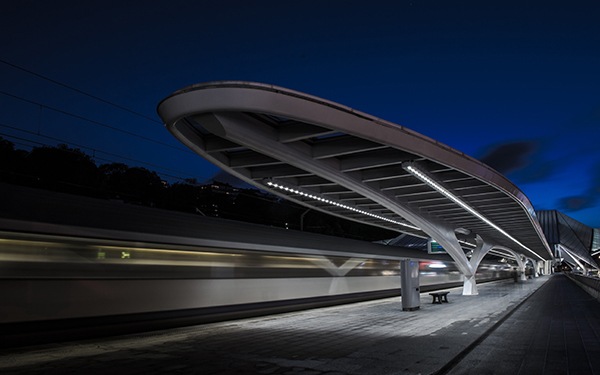
Getting Around
Long distance journeys in Belgium are either made by train or by bus.
Belgian trains are some of the best and most efficient in Europe, with a far reaching network, fast and frequent trains, and affordable fares. In addition there are a variety of discount deals and passes available, including special weekend returns and Rail Pass, which covers 10 one way trips and is valid for 1 year.
Buses are also occasionally used for long distance travel, but as the rail network is so effective, they tend to be more often used for shorter distance travel — particularly to make connections between train stations and surrounding towns. Travel by bus is very inexpensive, but relatively slow, and in some rural areas buses offer on demand services only, for which it is necessary to phone in advance.
City bus transport is very efficient, and there are the addition of metro and tram services in the major cities of Antwerp and Brussels.
Taxis are metered and usually need to be phoned for in advance.
Driving in Belgium
Although rather impractical in the city, driving your own set of wheels in Belgium is the best way to explore off the beaten track.
If you have your own transport you must make sure that you are adequately insured.
At the moment UK driving licences are accepted in Belgium, but the Brexit fallout may well mean that Brits will be required to have an international driving licence in order to drive legally.
In order to rent a car you must be over the age of 23 and have been driving for at least 1 year. It’s worth booking your rental car online in advance with a broker to compare prices and get a better bargain, as renting a car can be fairly expensive.
The road infrastructure in Belgium is extensive, with a large motorway network, but unfortunately congestion is commonplace, so don’t be surprised if you end up caught up in lengthy traffic jams — particularly on roads outside big cities.
Driving in Belgium is pretty safe. Drive on the right hand side of the road, and remember that at many junctions drivers coming from the right have priority.
Weather in Belgium
Belgium boasts a temperate maritime climate not dissimilar to the UK, so you won’t need to buy a whole new wardrobe to move here.
Summers are warm but rarely get roasting, and winters are mild with temperatures tending to hover around 0°C at the lowest.
It rains often throughout the year — although no more than back in Britain — and as it is a fairly flat country it can be windy at times, particularly in winter and on the coast.
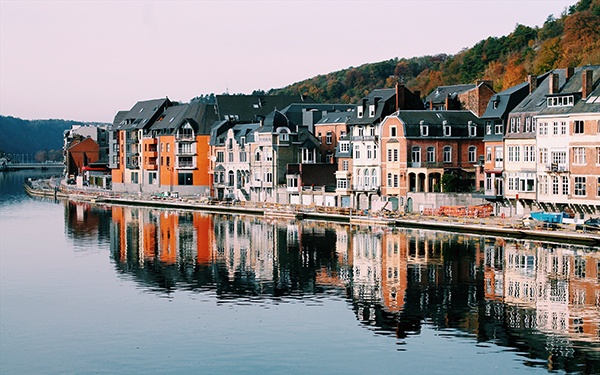
Cost of Living in Belgium
Lifestyle
Whilst it may not be the cheapest country in Europe, the cost of living in Belgium is still cheaper than that in the UK.
The capital city Brussels is overall around 35% less expensive than London, for example.
Groceries are priced more or less on a par with Britain, and it is possible to shop cheaply in budget supermarkets.
Entertainments are affordable, with entrance fees for attractions such as museums and galleries being fairly low, and cinema tickets and entrance fees to nightclubs costing no more than about €10.
When dining out you can spend as much or as little as you like. A meal in a casual restaurant can cost as little as €10 – €15, or if you want to splurge in a high end restaurant you will most likely pay up to around €100 per person. As you would expect in Belgium, beer is very affordable.
Here’s a good primer on the cost of living in Brussels:
When living in Belgium it would be illogical not to take advantage of the excellent public transport systems, particularly as this is an inexpensive as well as efficient way to get around. A travel pass for 1 month which covers all forms of transport costs around €35–€50.
The cost of monthly utilities including electricity, water, and internet, varies depending on location and size of accommodation, but are generally on the pricier side.
As a rough estimate you should budget to spend around €200 per month for an 85m² apartment.
The one other thing that it is important to note about the cost of living in Belgium is that taxes are very high, with income tax being more than 50% for the highest earners. This is however offset by the fact that tax and social security systems are well developed to ensures that incomes are distributed fairly evenly across most industries.
Rent
Rent is without doubt the biggest expenditure for any expat living in Belgium.
Rental costs in inner city areas are the highest, with Brussels being the most expensive with prices average around €1500 per month for a 3 bedroom apartment, however in comparison to London this is still relatively affordable.
Away from the major urban areas, monthly costs are significantly cheaper.
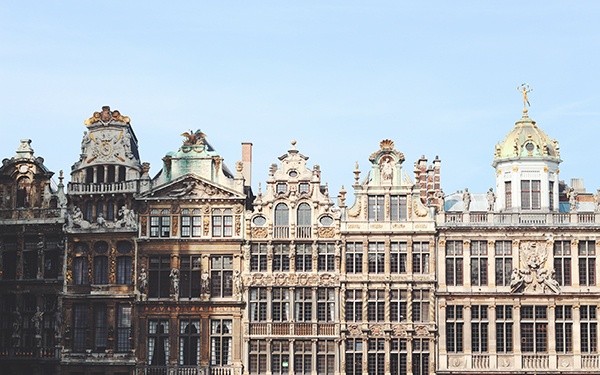
Healthcare
Medical care in Belgium is of an extremely high standard, and much of it is government funded.
Anyone employed in Belgium must contribute towards the national health insurance, which include expats unless they have non-resident tax status.
If a British expat has registered to live in Belgium and has statutory or private health insurance or pays social security contributions, their access to healthcare will not change after Brexit.
Brits who are registered with the health system usually pay for medical fees and treatment upfront and are then reimbursed for a certain proportion of the costs.
It is advisable to take out additional private health insurance to cover any additional costs and obtain a full refund.
Schooling
Each of Belgium’s 3 different language speaking regions has its own educational system which teaches lessons in either French, Dutch or Flemish respectively.
Public education is free and of a high standard, but expat children enrolled in a public school are required to learn in the local language.
Another option is international schooling. There are numerous top quality international schools in Belgium, many of which follow a UK curriculum and teach lessons in English. Tuition fees in international schools in Belgium range anywhere from €6000 to €30000 a year, depending on the school and where it is located.
Popular Areas for Brits
Brussels
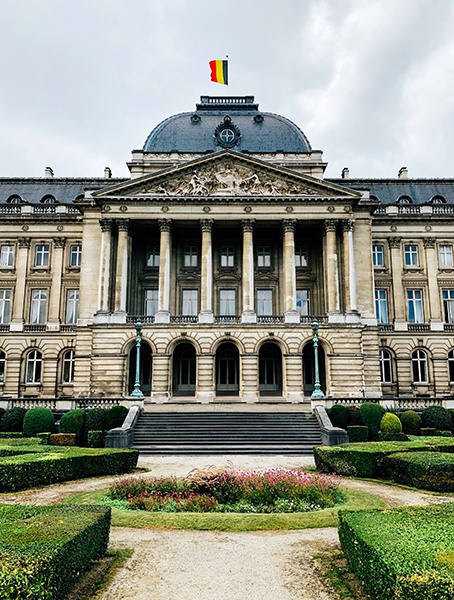
One of Europe’s most cosmopolitan cities, majestic Brussels has a rich history with an impressive old town, fine examples of turn of the century architecture, and incredible museums and galleries.
But don’t be fooled, this is a thoroughly modern city with a flourishing contemporary arts scene, hip bars and restaurants, and cutting edge boutiques.
Take in the magnificence of the ornate Grand Place at the centre of the city, stroll along the picturesque canals, browse the intriguing flea markets, or enjoy the wealth of almost non stop entertainments on offer including weekend festivals, concerts, gastronomic events, and street theatre.
It’s no surprise that this wonderful, multicultural city has attracted expats from all over the world.
Antwerp

The port city of Antwerp in northern Belgium is equal parts quaint and cool.
Famously the home town of Baroque master artist Pieter Paul Rubens, Antwerp retains a bohemian quality which continues to attract artists, fashionistas, musicians, and other creative types.
Among the sights at its medieval heart are a sensational Gothic cathedral and castle, and winding cobbled lanes laced with a heavy dose of wonderful cafés and boutiques.
Bruges
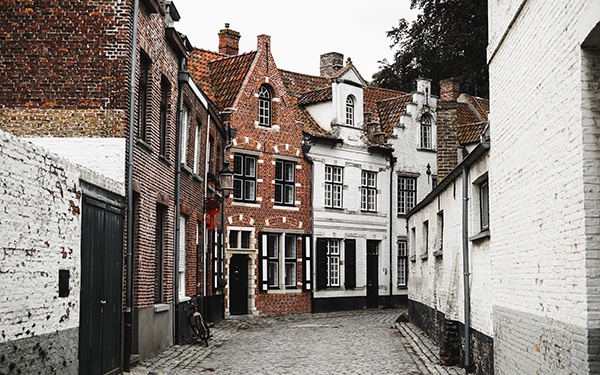
With its tirelessly romantic meandering canals rimmed with overhanging medieval buildings, rambling ramparts, historical churches, and intriguing alleyways, Bruges resembles something out of a storybook.
It’s no wonder that this beautiful city has been designated a UNESCO World Heritage Site.
Popular with tourists, Bruges also holds plenty of modern appeal, with a busy calendar of local festivals and events, plus top notch bars and restaurants.
Ghent
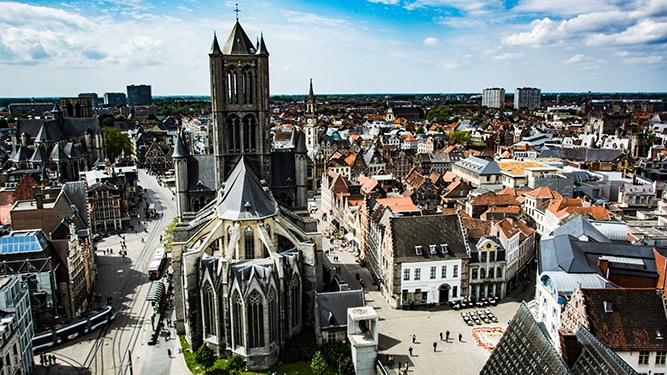
Quirky and endlessly fascinating, Ghent is the perfect combination of ancient and modern, where classical and medieval architecture rubs shoulders with cutting edge clubs, bars, and modern art.
Ghent’s huge student population lends much to the vibrant atmosphere of this cosmopolitan canal side city, which combined with the chilled atmosphere and wealth of interesting historical sites make it a city not to be missed.
Tervuren
Just 15 kilometres outside of Brussels and connected to the city by one of the most scenic tramways in Belgium, Tervuren is a popular hub for expats.
This charming town boasts numerous international schools, impressive leafy urban parks, excellent bars, restaurants and boutiques, and is considered by many expats to be the ideal place in Belgium to raise a family away from the hustle and bustle of the big cities.
Leuven
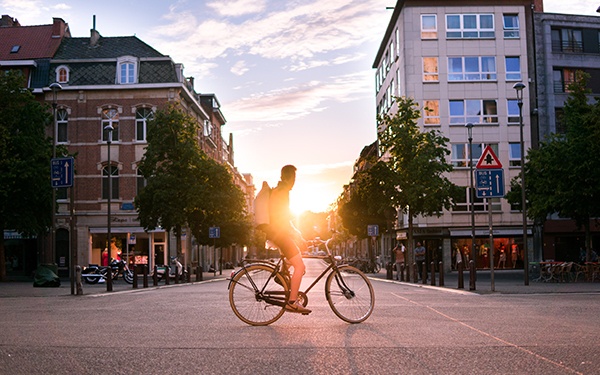
A compact and pleasant university town smack bang in the middle of Belgium just half an hour to the east of Brussels has a dynamic social calendar packed with festivals, fairs, markets, concerts and other events. It’s a lively and affordable place for expats to live.
It also boasts some fabulous churches, museums, parks and gardens, and a market square with one of the highest concentration of bars, restaurants and cafés in Belgium.
Genval
The star attraction of Genval is its stunning lake surrounded by trees, which is the perfect setting for watersports or dining at one of the many exclusive restaurants that can be found here.
Living here is quite expensive, but it is a refreshing haven just a short and easy commute from the centre of Brussels.
Jobs in Belgium for British Expats
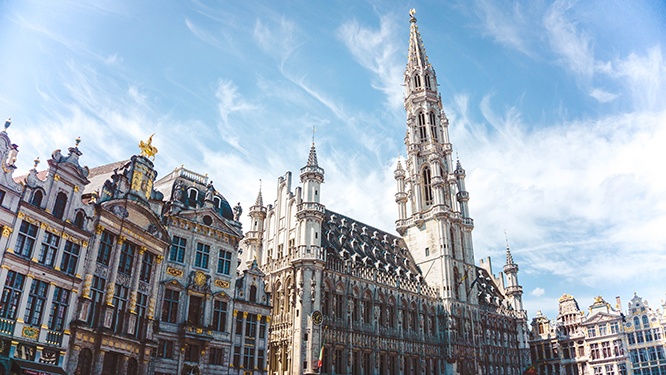
The Belgian job market holds many possibilities for British expats looking for work — particularly in Brussels where there are numerous major international organisations and multi-national companies.
Highly skilled applicants — particularly those with skills in the service sectors of IT, engineering, mechanics, law, finance, banking, media, health, education, real estate, and tourism are most likely to find work — and even more so if they speak either French, or Dutch in addition to English.
Competition for jobs can be tough, so a good CV is essential, but employee benefits are generally very attractive.
Are you planning a move from the UK to Belgium?

